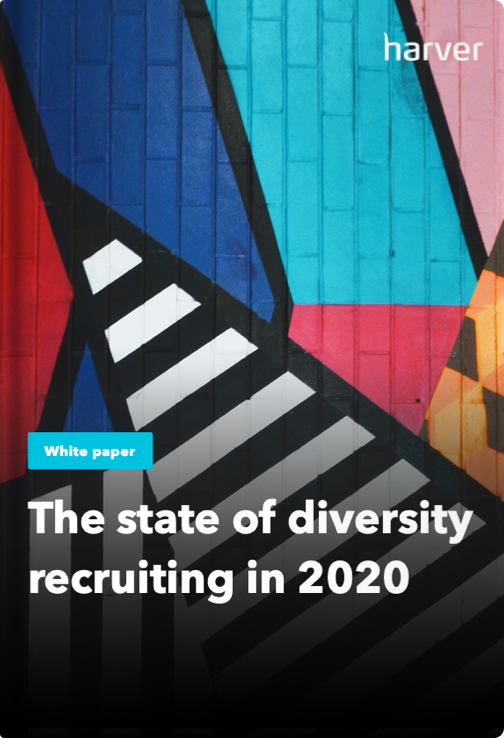After the Baby Boomers and Generation X, it’s up to the Millennials now. The generation born somewhere between the early 80’s and the late 90’s – there doesn’t seem to be a set definition on the time period here – will account for 75% of the global workforce by 2025. From school teachers to HR-tech professionals, every sector will have to face the challenges of hiring Millennials. Here are 4 best practices to get you going.
1. Company Culture & Values
We’ve talked about the importance of culture fit between an organisation and its employees in relation to unwanted employee turnover before. Unsurprisingly, it turns out Millennials attach great significance to a company’s culture and values too. This implies that your fundamental values should align with theirs. According to Deloitte’s 2016 Millennial Survey seven in ten consider the organisation they work for to share the same personal values. The best thing you can do to get people that fit with your culture, is to show them your true colours; no superficial blabla, just be real.
Giving future employees an idea about your company’s culture starts as early as the application process, you can read more about this here.
2. Flexibility & Freedom
The time for 9 to 5 office jobs is over. People are connected pretty much 24/7 and checking work emails in the evenings, over the weekend, or even on holiday, has become like a second nature for many Millennials. In return, they expect the flexibility to work from home, no fixed office hours, and the trust of their employer that they’ll get the job done. For this generation it’s much more about work-life balance than it has been for previous generations. Knowing that most Millennials probably won’t be able to retire before they reach the respectable age of 70, this is perfectly understandable.
3. Feedback & Mentoring
Now this is an interesting one. On the one hand Millennials want the freedom to reach their objectives on their own terms, with as little interference from their superiors as possible. On the other hand, there’s no other generation that is so eager to get constant feedback on what they’re doing; Millennials won’t settle for a once a year 30 minute review, they want frequent assessments of their work. This goes hand in hand with something else Millennials value: the possibility to learn, develop their skills, and reach personal objectives. Often what they are looking for rather than feedback, is someone who coaches them, a mentor to learn from.
4. Purpose?
Why the question mark you wonder? Because it’s questionable whether or not Millennials are truly purpose driven. Yes, it seems widely believed they are; Millennials want to make a difference, they want to change the world and not just work for the money. Businesses should focus more on people and purpose and less on profit, as stated by the above mentioned 2016 Millennial Survey. Truth to be said, it is a beautiful thought isn’t it? An entire generation of young, tech-savvy people, impatient to change to world for the better and work for the greater good. A recent survey by LinkedIn however paints a slightly different picture. Where respectively 48% of Baby Boomers and 38% of Generation X thinks that work should be purpose-driven, only 30% of Millennials share this opinion. The number one thing they really do care about, according to the same LinkedIn survey, is company culture and values. We hate to say we told you so…
These 4 best practices are just the tip of the iceberg, but you have to start somewhere. As mentioned at the beginning of this post, by 2025 Millennials will be a big part of every organisation’s workforce. In a few years from now, attracting people from this generation will undoubtedly be every recruiter’s core business. Before that time comes though, make sure you know all about engaging these future office rockstars.
The state of diversity recruiting in 2020


